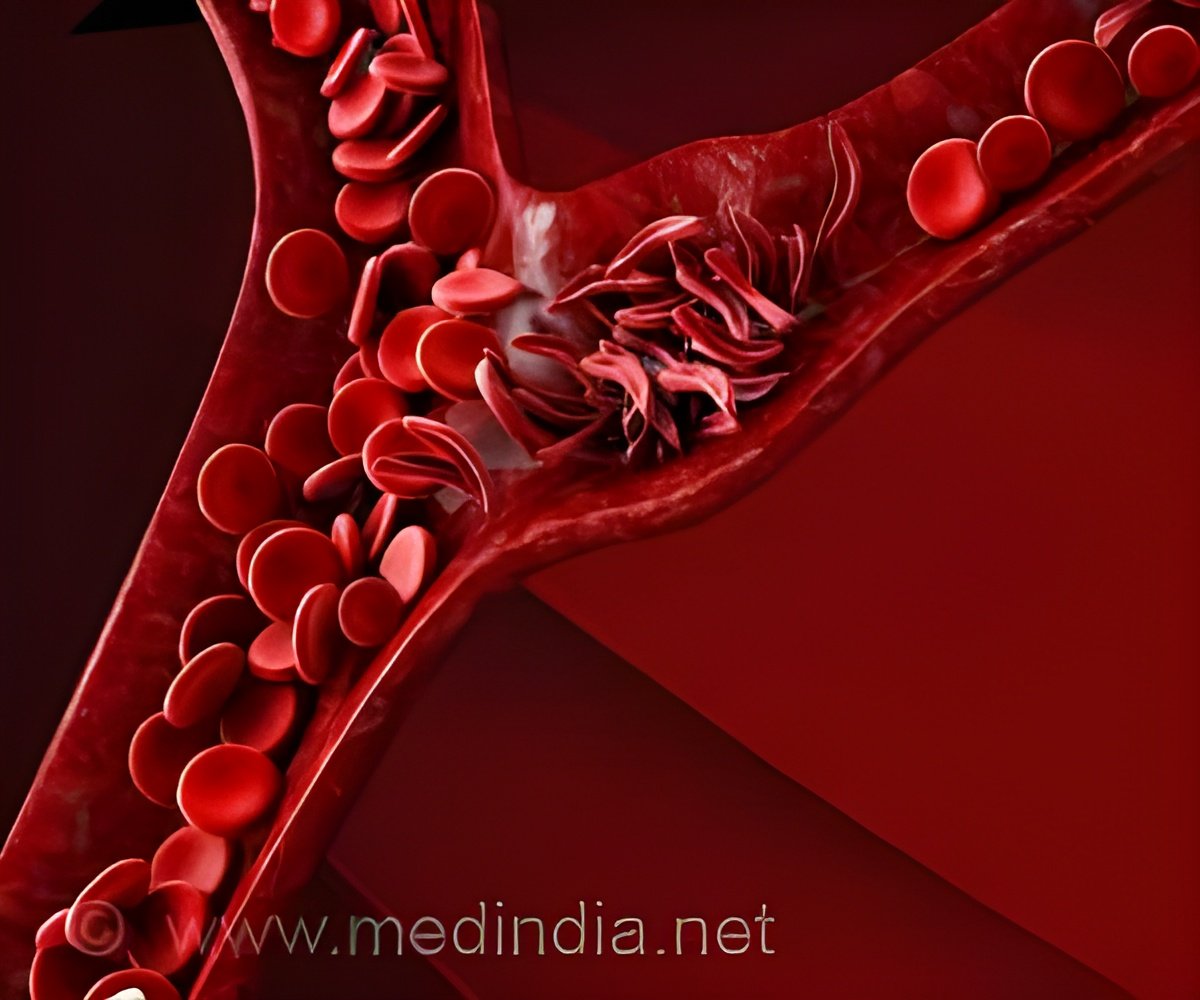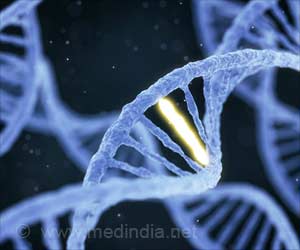By blocking the effect of ATM/ATR on the enzyme SerRS (seryl-tRNA synthetase) the tumor growth was successfully reduced.

TOP INSIGHT
SerRS (seryl-tRNA synthetase) performs an important function of limiting unhealthy blood vessel growth. By blocking the effect of ATM/ATR on the enzyme SerRS (seryl-tRNA synthetase) the tumor growth was successfully reduced.
Read More..
These findings can also help develop new interventions which promote healthy blood-vessel development for people with heart diseases and other conditions.
Yang said, 㜁e've uncovered a key regulation step that drives blood-vessel development for tissues deprived of adequate oxygen--finally creating a more complete picture of the complex process that enables cancer tumors to adapt and survive. By blocking this process on a molecular level, we found it's possible to inhibit tumor growth."
Several discoveries related to the roles of unknown genes that regulate the function of how cells create new blood vessels have been published. Earlier studies dealt with genes like c-Myc and HIF-1, that promote blood vessel development, and have strong links to cancer.
Hunt For The Enzyme
They mainly focused on an enzyme SerRS (seryl-tRNA synthetase) which is a gel-like substance within the cells where it initiates the production of new proteins. However in the nucleus, this enzyme performs a different but important function- limiting unhealthy blood vessel growth by tamping down the function of c-Myc and HIF-1. SeRS can be silenced by proteins called ATM/ATR, which manage DNA damage responses. These proteins are activated when the tissues are deprived of oxygen that can lead to unchecked blood vessel growth so that the tumors can flourish.
Yang said, "It's possible that SerRS regulates more than blood vessel development. This is a compelling finding that opens the door to further investigation into how broad its influence may reach in the human body."
Source-Medindia
 MEDINDIA
MEDINDIA




 Email
Email










